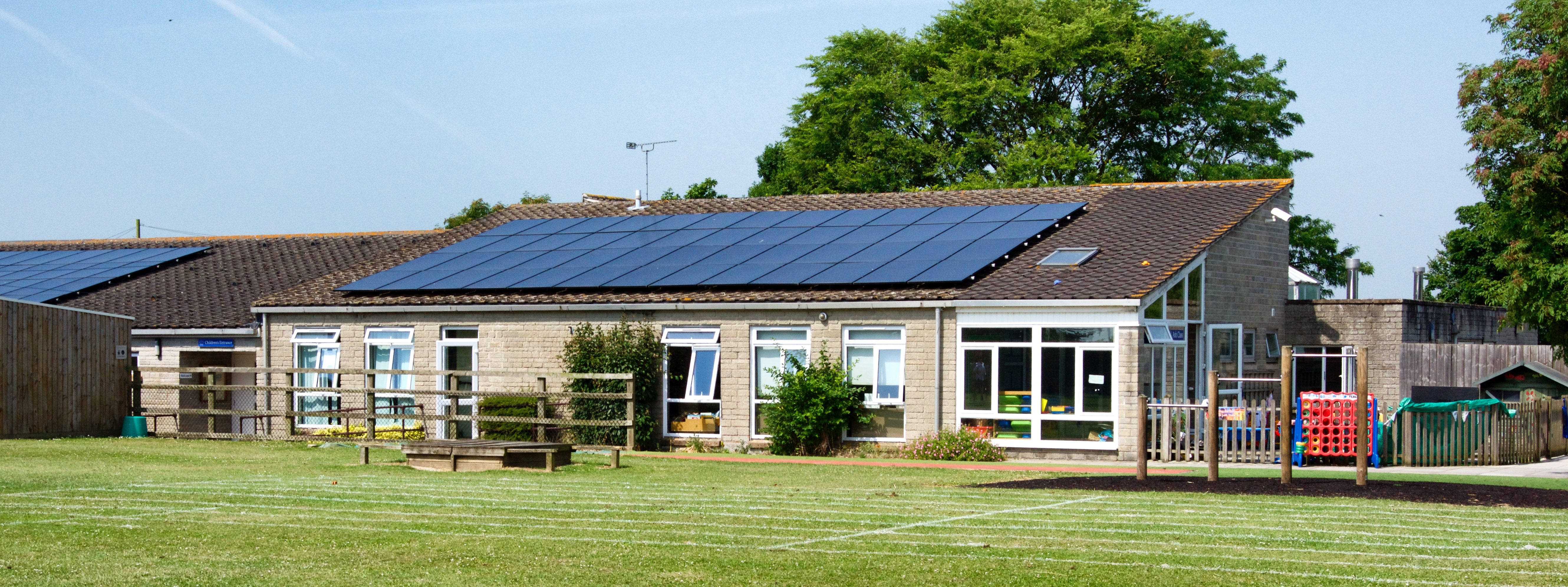Online safety
Our school takes internet safety and security very seriously. In school the children have regular online safety lessons each term, as well as an online safety assembly termly. We celebrate Safer Internet Day annually in February.
Online safety resource for Parents: EverydayDigital
ParentZone.org.uk’s EverydayDigital is designed specifically for parents. EverydayDigital provides a comprehensive guide to understanding the digital world your children are growing up in. It offers expert advice on how to foster healthy online habits, understand online safety, and use technology positively. From managing screen time to addressing cyberbullying, this platform equips parents with knowledge and tools needed to navigate the digital world. Visit: https://parentzone.org.uk/EverydayDigital
KS2 Acceptable Use Policy 2023 KS1 Acceptable Use Policy 2023 Parent Acceptable Use Policy 2023
Online safety building habits EYFS Online safety building habits KS1 Online safety building habits LKS2 Online safety building habits UKS2
There are a number of documents and links here to help you and your child to stay safe on the internet. Click on the links on the right-hand side find information to help protect your child online.
- Ten internet tips for staying safe online https://swgfl.org.uk/online-safety/10-online-safety-tips/
- Keeping Kids safe online with O2 https://www.o2.co.uk/help/online-safety
- NSPCC https://www.nspcc.org.uk/keeping-children-safe/online-safety/
- Ask about Games and Common Sense Media list of appropriate games
- Change for Life Activities: https://www.nhs.uk/change4life/activities
- www.internetmatters.org (including advice by age group)
- www.childnet.com/parents-and-carers (including advice on Parent controls)
- www.saferinternet.org.uk/advice-centre (including safety tools on social networks)
- https://swgfl.org.uk/resources/checklists (including Roblox and TikTok)
- https://www.nspcc.org.uk/globalassets/documents/advice-and-info/share-aware.pdf (including talking points, getting the family involved and ‘safety starts with you’
- Thinkuknow website (Including guidance and support with keeping children safe online)
- How to set up a video call (BBC News): https://www.bbc.co.uk/news/technology-51968122
Gaming is a part of many children’s lives. It can be enjoyable, creative and can develop problem-solving and collaborative skills. A gameplan is an agreement that families can use to help them game safely and positively. Somerset have produced a gameplan template for parents to use at home.
Parents can use the gameplan template with children to consider:
- When do I game?
- Which games do I choose?
- Who am I gaming with?
- What am I sharing when I game?
- How active am I?
- How will I behave?




